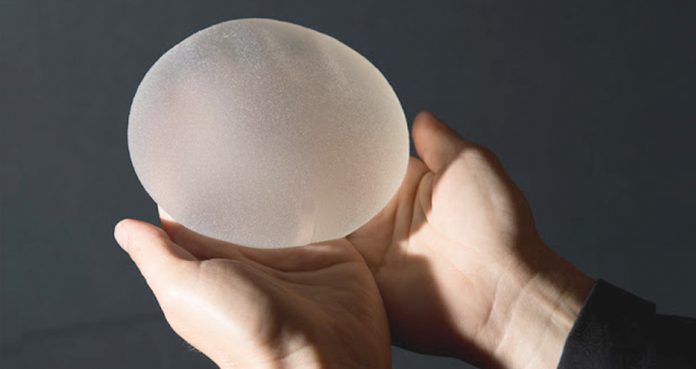On Thursday, the Food and Drug Administration (FDA) announced that the sale of breast implants, which are associated with a rare form of cancer, would be allowed in the United States; however, with strict warnings about the dangers of the implants.
In late March, the FDA found that breast implants could cause a rare form of cancer and it will closely monitor the textured breast implants associated with a rare form of cancer called anaplastic large cell lymphoma.
The FDA also found that at least 457 women in the United States were diagnosed with cancer, while nine have died as a result. The rare cancer caused by breast implants affects the immune cells.
The agency said in a statement, “The type of macro-textured implants targeted by some of our international counterparts represents less than 5% of breast implants sold here. At this time, the FDA does not believe that, on the basis of all available data and information, the device meets the banning standard set forth in the Federal Food, Drug, and Cosmetic Act.”
The co-founder of Breast Implant Victim Advocacy Jamme Cook, who attended the FDA’s public meeting, expressed disappointment due to the lack of action. Cook said, “Not banning the textured implants is very discouraging to us and to the patients who have lymphoma. We’re going to continue to push for that ban, even though that’s not a move they are willing to make yet.”
Besides cancer, the FDA said there is a risk of implant rupture and capsular contracture, a condition in which the breasts become hard and deform, leading to chronic pain and immune system disorders.
The FDA said, “We have heard from patients concerned that their implants may be connected to health conditions involving their immune system’s response to these devices, resulting in a variety of symptoms like chronic fatigue, cognitive issues, joint and muscle pain.”
The agency acknowledged that there was no “definitive evidence demonstrating breast implants cause these symptoms.” It said that women should be aware of these risks if they considering breast implants.
The FDA will make label changes such as box warnings and a patient decision checklist in order to convey the message of significant health issues associated with breast implants.
The U.S. drug regulatory body announced that breast implant manufacturers would have to face a significant change in how adverse events are reported. It said, “In the past, manufacturers could provide a summary of any patients problems or concerns, but that method did not capture ‘unusual, unique or uncommon adverse events, which, in the case of breast implants, included BIA-ALCL.’” Moving forward, the agency said, “The manufacturers will be required to file individual reports on adverse events that will be made publicly available in the coming weeks.”





















